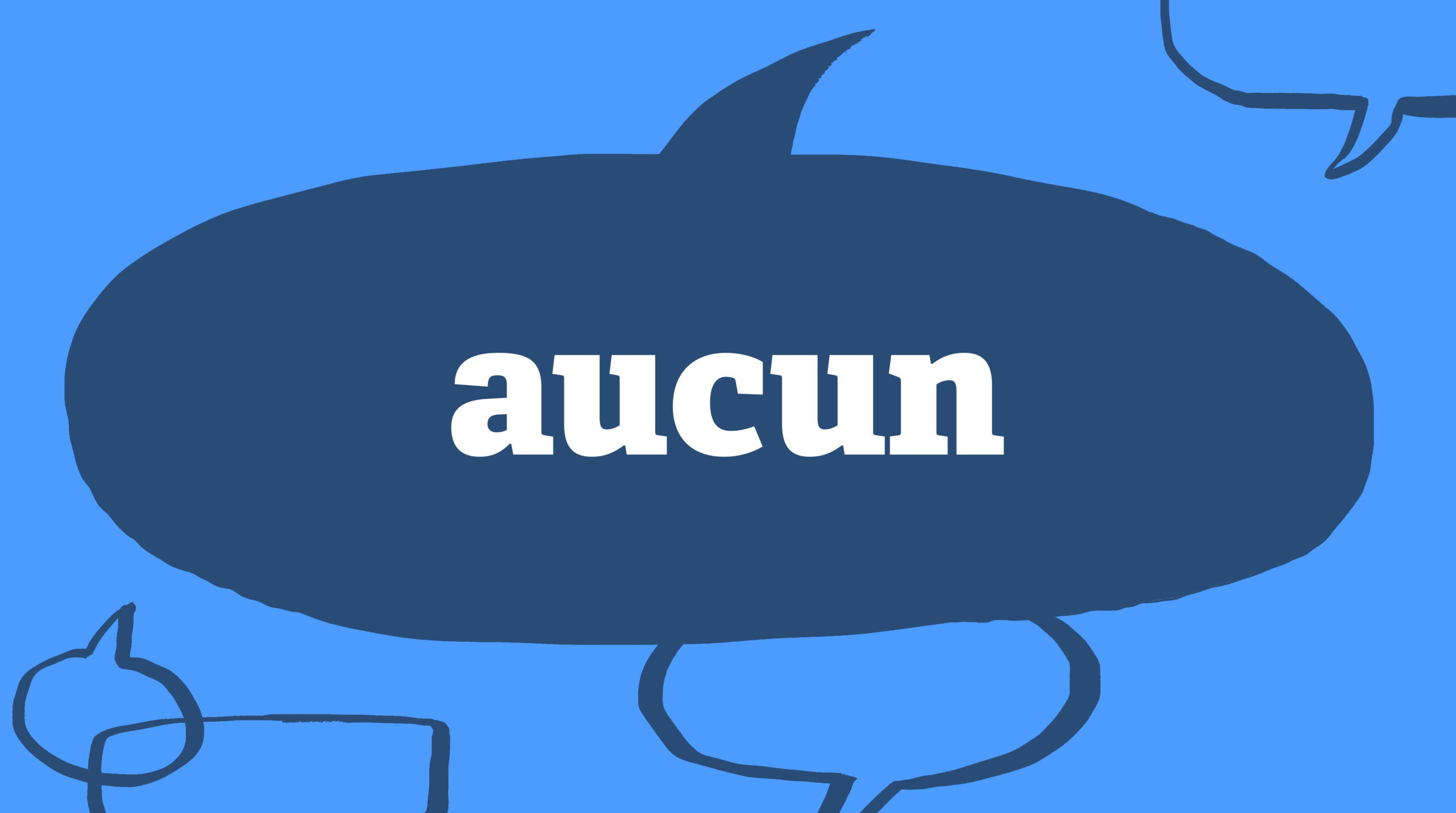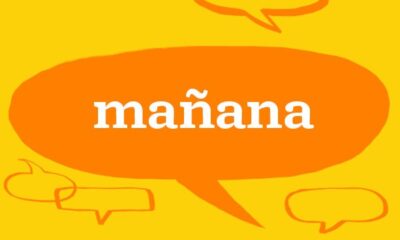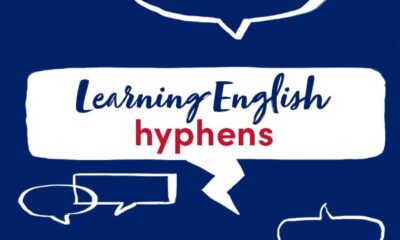In our weekly blog, we look at a French word and explore what makes it interesting. Our word today is aucun.
Before we get into the details, listen to its pronunciation in the audio clip below:
function playAudio(url) { new Audio(url).play(); }Now we can move on to what it means. It translates to none, no, or not any:
Il n’y a aucun café dans ce quartier. There aren’t any cafés in this neighbourhood.
Aucun doute. No doubt.
« Tu as combien de billets ? » « Aucun. » “How many tickets do you have?” “None.”
en aucun cas in no case; not in any instance
à aucun moment not at any time; at no time
It might look simple enough, but let’s take a deeper dive into the grammar. This word is both an adjective and pronoun. If you need a reminder on adjectives, visit our Easy Learning French Grammar section on adjectives. As for pronouns, check out our grammar section on pronouns.
Words like aucun can change spelling according to the noun they describe. With this in mind, you will also see it written as aucune, its feminine singular form.
However, one thing to note about this word is that we don’t use it in the plural, only the singular. Even when the sentence involves plural subjects, we use aucun or aucune:
aucun d’entre eux none of them; not any of them (notice here how eux is plural, yet aucun is singular)
Aucun de mes collègues veulent m’aider avec cette présentation. None of my colleagues want to help me with this presentation.
Aucune infirmière ne touche un tel salaire. No nurse earns a salary like that.
C’est un mystère. Je n’ai aucune explication. It’s a mystery. I have no explanation.
Another important point to raise about using aucun(e) is how it works in the negative form. You might have already spotted this in our previous examples. To express the idea of no or none, aucun or aucune is formed as a negative in the same way we use ne… pas. Except in this case, it’s ne… aucun(e):
Est-ce que tu as lu les romans de Victor Hugo ? Je n’ai lu aucun de ses livres / Je n’en ai lu aucun. Have you read the novels of Victor Hugo? I haven’t read any of his books / I haven’t read any of them.
Il est très grand acteur, mais à mon avis il n’a aucun talent. He’s such a famous actor but he has no talent in my opinion.
Elle m’a dit que nous n’avons aucune chance de gagner le prix. She told me that we have no chance of winning the prize.
While the grammar might feel hard to get to grips with, the most important thing right now is understanding what the word means. None of us can have perfect French grammar knowledge right away! We hope to see you again next week for another instalment of French vocabulary.
Written by Holly Tarbet, freelance copywriter and editor.
All opinions expressed on this blog are those of the individual writers, and do not necessarily reflect the opinions or policies of Collins, or its parent company, HarperCollins.



